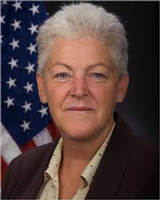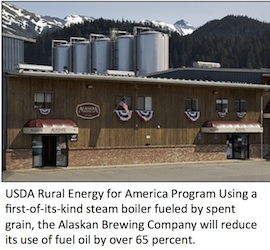 The administrator of the Environmental Protection Agency explained her agency’s proposal to lower the volume requirements under the Renewable Fuel Standard (RFS) to members of the National Association of Farm Broadcasting meeting in Washington DC this week.
The administrator of the Environmental Protection Agency explained her agency’s proposal to lower the volume requirements under the Renewable Fuel Standard (RFS) to members of the National Association of Farm Broadcasting meeting in Washington DC this week.
“Let me begin by reiterating that this administration sees renewable fuels as a big part of our way to adapt to climate change,” said Gina McCarthy. “I also know that it helps to provide some certainty in the rural economy and to create jobs.”
McCarthy explained that she went through the “gestation period” of renewable fuels. “It was my job to get the Renewable Fuel Standard originally done,” she said. “We were significantly challenged this year because of the high increase in the numbers in the statute and what we believed an inability to get all of the ethanol into the system and usable” which was why she said they “took a re-look at the numbers.”
She says they know “that re-look was not appreciated” by the agriculture community and others, but that’s why they are considering the comments received on the proposal very carefully. “I think you will see those comments reflected in the final rule,” she concluded.
Listen to McCarthy’s comments here: McCarthy RFS comments to farm broadcasters










